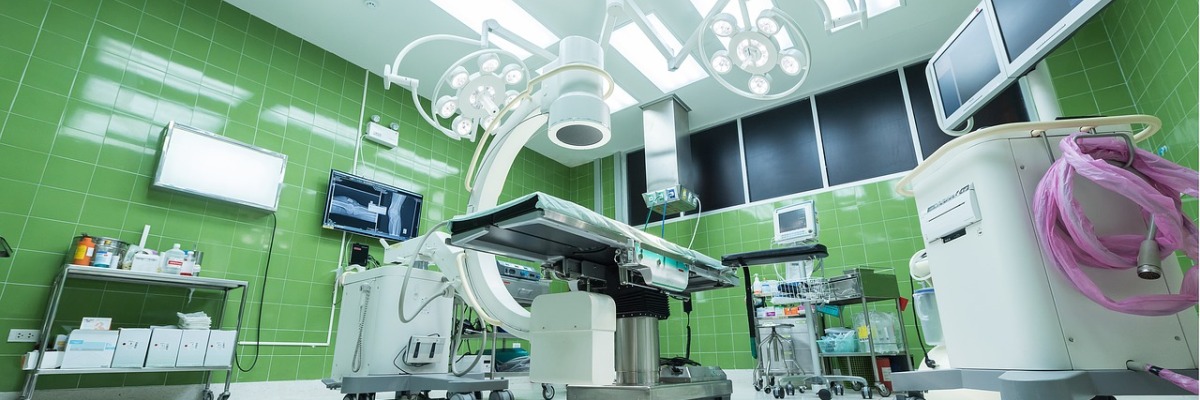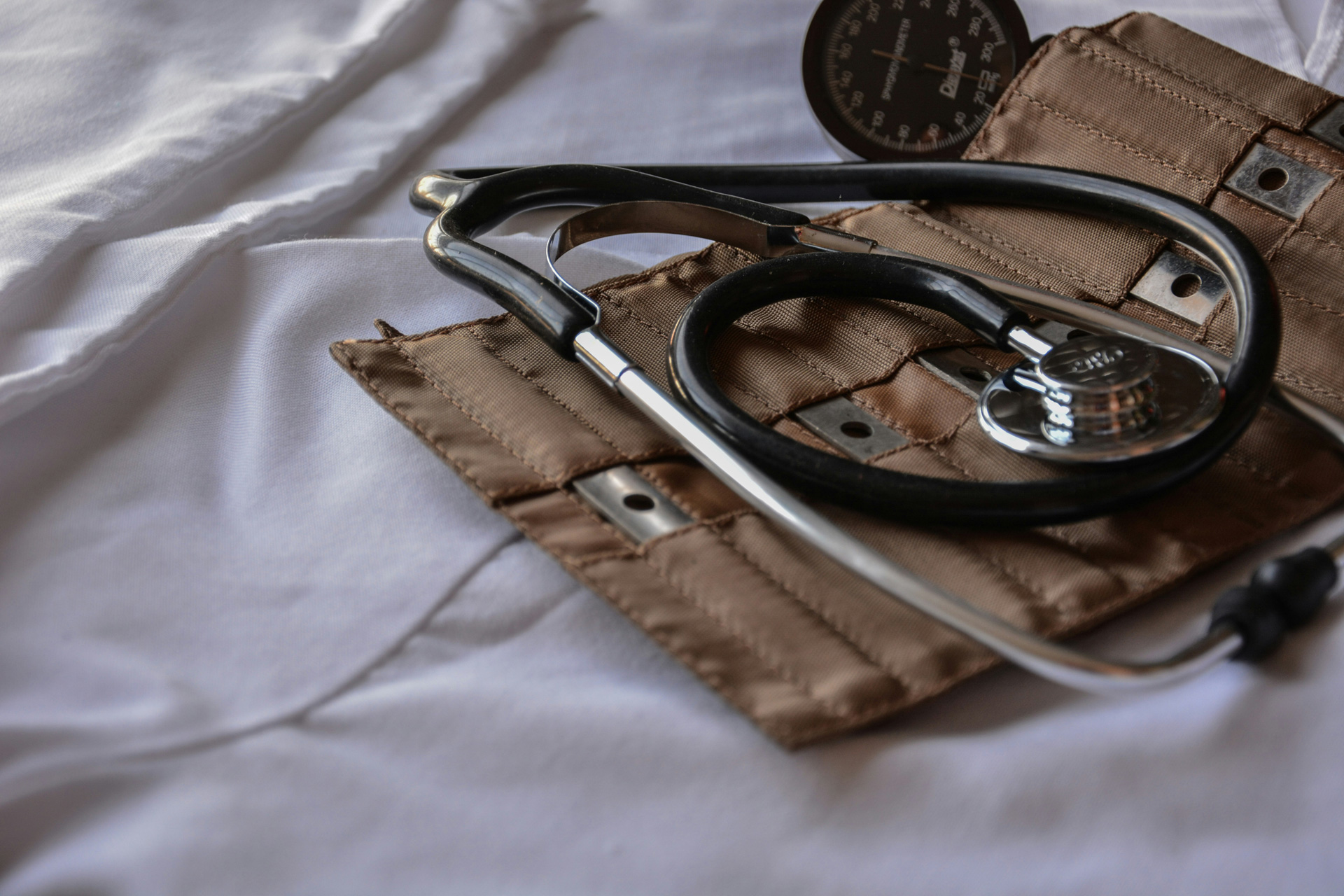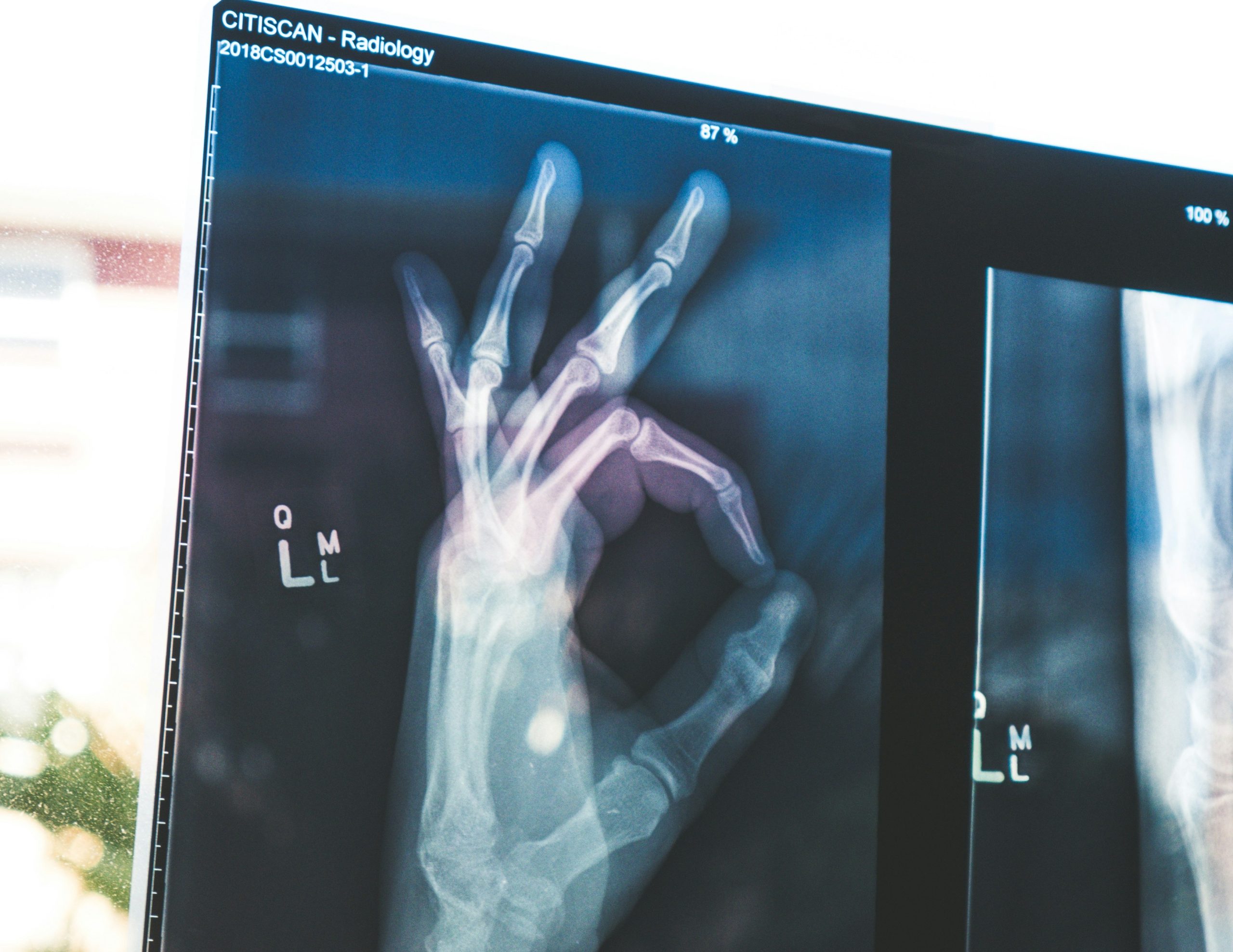According to new research from the Grattan Institute, almost 11% of all people hospitalised have a complication while in hospital. This equated to approximately 74,000 people in January 2015, a staggering number. While not all complications (thankfully) will have lasting consequences for patients, in our experience some do.
A medical negligence claim can help pay for the cost of picking up the pieces after a hospital complication, such as paying for further treatment, covering loss of wages and compensating your pain and suffering.
Hospital Complications
The Australian Commission on Safety and Quality in Health Care has identified 16 categories of hospital complication. These include:
- Falls;
- Surgical complications;
- Medication errors; and
- Respiratory, cardiac, renal and gastrointestinal complications (recognising and responding to deteriorating patients).
According to the Commission, the 16 complications are those which a hospital, with appropriate strategies, can reduce the risk of occurring. These types of complications therefore may amount to negligence.
Hospital/Medical Negligence
A doctor, nurse, pharmacist or physiotherapy may provide treatment negligently. Negligence refers to something that a health practitioner did or did not do, that another reasonable health practitioner would or would not do.
Having regard to the list of hospital complications above, a hospital and its staff may be negligent where they fail to implement strategies aimed at reducing the risk of known harm to a patient. This may include:
- Not assessing a patient’s falls risk or implementing strategies to prevent a fall;
- Not performing surgery competently;
- Administering the wrong medication or the incorrect dose; or
- Failing to escalate care when a patient’s condition is deteriorating.
For more information on medical negligence, see our article What is Medical Negligence?
Preventing Hospital Complications
Patients arrive at hospitals unwell and vulnerable. The primary responsibility to prevent hospital complications lies with hospitals.
However, patients may also help to reduce their risk of having a hospital complication. In 2018 the Harvard University recommended 7 questions to ask a doctor when they prescribe a new medication. These are:
- Why do I need this medication, and how does it work?
- What are the risks and benefits?
- Are there side effects?
- How do I take this medication?
- Do I need to avoid anything while taking this new medication?
- How soon will the medication work, and how long will I be taking it?
- When will you review how well this is working for me?
These are good questions for patients to ask doctors and other health practitioners who administer treatment in hospital. Be an informed patient. It is your body and you have a right to ask about your treatment. In doing so, you may prevent a hospital complication, like being administered the wrong medication, from happening.
elringtons health and medical law
elringtons has represented people injured by hospital complications in medical negligence claims for many years. We are different from other law firms because we have:
- Inside knowledge about the health industry;
- University acquired knowledge about injuries and disease;
- An understanding of how healthcare should be provided; and
- A proud history of success for clients in the Canberra, Queanbeyan and South East NSW regions.
We understand the impact of negligence on our clients. We use this knowledge to build a rapport with you, to work with you, and to help you obtain compensation for your injuries.
Matt Bridger and Tom Maling represent clients in medical negligence claims. We act for Canberra and the surrounding regions including NSW residents from Queanbeyan, Batemans Bay, Goulburn, Yass, Cooma, Bega and Merimbula areas, in both ACT and NSW claims.
Matt has over 25 years of experience representing people in medical negligence matters, including small claims right up to multimillion dollar catastrophic injury claims. He has great medical knowledge across a whole range of areas and has conducted cases in general surgical, birth and obstetrics, dental, orthopaedics, pharmacological and cardiology negligence. Tom completed training as a Registered Nurse and has experience in hospitals and nursing homes. He also represents our clients on all medical negligence and treatment dispute claims. Our experience means we have insight into health issues, health service delivery, and most importantly our client’s experiences.
Please contact Tom Maling for further information:
p: +61 2 6206 1300 | e: TWM@elringtons.com.au
Further reading
Other Resources

elringtons lawyers regularly provide legal advice in relation to a range of compensation matters. Please contact our Medical Negligence Team for more information or to make an appointment call (02) 6206 1300











